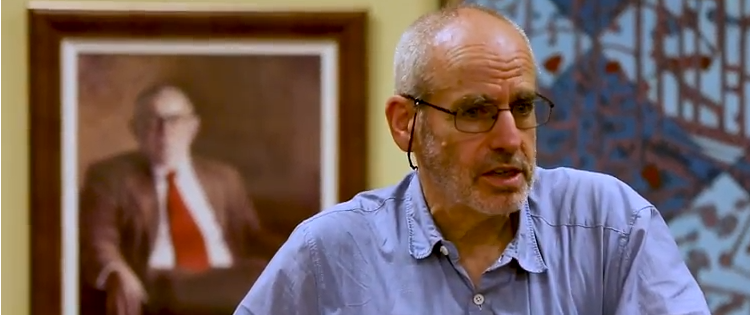Dr Alex Wodak was the second speaker at the Australia’s Failed Drug Policy Event, organised by the Kurilpa Citizen and the Queensland Council for Civil Liberties (QCCL).
Yesterday we published the first talk, an overview of the legalisation of medical cannabis in Queensland by Lanai Carter.
Dr Wodak had a positive outlook on what this year has brought so far and what there might be coming for cannabis and drug law reform next year and beyond.
“This is the best year we ever had for drug law reform in Australia. The dial has shifted in 2017. Certainly, in terms of thinking and we are starting to see some changes in government policy as a result. I think we’ll see even more in 2018 and thereafter.”
Dr Wodak spoke in details about why this change is taking place.
“I think it really began, things really started changing around the world in 2011, when the Global Commission on Drug Policy got together and held a press conference in New York in June…”
Dr Wodak named 3 reasons why the world is waking up to the failure of the war on drugs and finally sees the need for change.
- The drug market has grown to a size now (over the 80 years of prohibition) that it represents a real danger for national governments and the world.
“The drug market, in Australia and around the world has got bigger and bigger during the time we’ve been pursuing drug prohibition, and it’s got more and more dangerous.”
During prohibition, the purity of street drugs has increased, while prices have gradually decreased. Availability is not an issue, with drug busts having literally no effect on supply and prices.
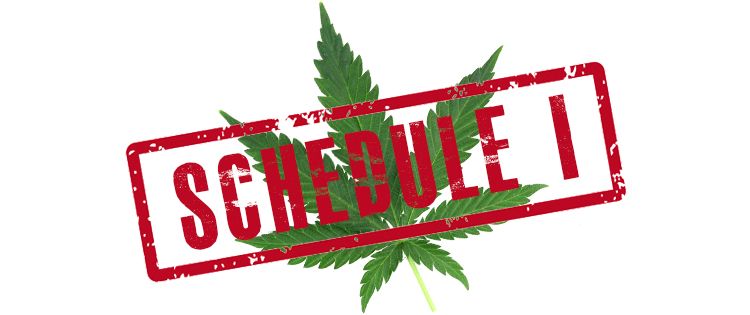
“The market has expanded and became more dangerous. These days we worry about drugs like Fentanyl lacing the street drugs. Big problem in the United States and Canada, in North America, a growing problem – still small, in Australia.”
- The war on drugs has been producing terrible results.
“The outcomes of our drug policy have been terrible, in terms of deaths disease, crime, corruption, violence and even threats to national security.”
“We prohibited (in Australia) the production and importation of heroin in 1953, in May 1953… It doesn’t often happen that the Director General of the Commonwealth Department of Health publicly warns the government of the day you’ve made a mistake, but that’s what the Director General of the Commonwealth Department of Health did when the government prohibited the production and importation of heroin. Heroin at that time had been lawful to prescribe and was used quite a lot in management of childbirth… and also in the management of advanced cancer.

Nevertheless, it was banned in 1953, the president of the College of Physicians publicly complained, the president of the Royal College of Obstetricians and Gynaecologists complained. We weren’t adult enough as Australians to have an Australian Medical Association, in those days we still had a British Medical Association, but the president of the British Medical Association complained on our behalf. So there was a lot of unhappiness in the medical leadership in 1953 that a mistake was being made and indeed it was a mistake.
Heroin overdose deaths were very rare at that time, in 1964, the year we’ve got figures for, there were actually 6 deaths from heroin overdose… in the year which heroin overdose deaths here in Australia peaked, 1999, there were 1116. So we went from 6 to 1116 during prohibition.
Prohibition, the policy that’s meant to protect you and your family and your loved ones.”
“We didn’t have conditions like hepatitis c or HIV before prohibition. These were conditions that were able to spread rapidly in our community because of prohibition.”
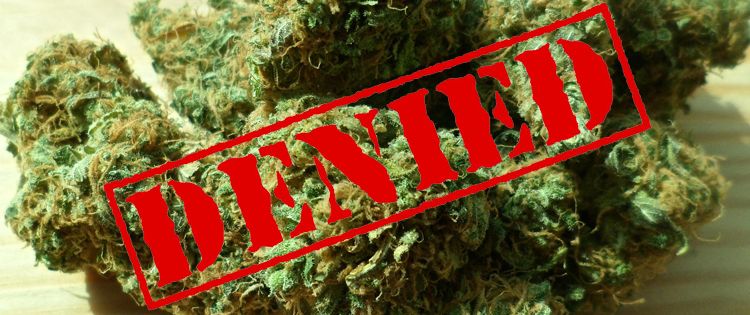
Dr Wodak also elaborated on how the failed war on drugs has been undermining national security as well.
“Prohibition undermines countries that are vital to our strategic national interest.”
- The basic unfairness of drug prohibition.
Prohibition is based on an unfair ideology that was created to target minorities. Minority communities, especially communities of colour have been subject to the unfair application of drug laws.
“We still have, right around the world, the practice where people with majority drug preferences feel that it’s quite ok to punish people with minority drug preferences. You are not taking the drugs I like to take, therefore I punish you. That’s really what drug prohibition is all about.”
The justice system should punish people who deserve to be punished and protect people that don’t deserve to be punished, while with prohibition, clearly, the opposite is happening.

“How can it be appropriate to punish people who got a minority drug preference provided they haven’t harmed anybody else.”
Dr Wodak was very positive about the change happening in front of our eyes and what it holds for the future.
“Just overnight, we heard that the Gallup Poll in the United States showing that 64% of Americans support the regulation of recreational cannabis. That’s risen from only 12% in 1969.”
“Next year, California, the 6th biggest economy in the world is going to start regulating recreational cannabis. Next year, on July the first, Canada, is going to become the first G7 country to start taxing and regulating cannabis.
Uruguay was the first country in the world, as a country to start regulating and taxing cannabis.”

Some good news for Australia that Dr Wodak had to share:
“Big news has here has been the approval by the ACT government of pill testing at a youth music dance event in about a month’s time. And then one of the opposition politicians managed to throw banana skin under that… so the Commonwealth withdrew permission for that piece of land to be used by that youth music event. I am sure the ACT government will sort that out, but the historic thing is that decision been made.”
Positive development not always turn into fast progress, like it happened with the ‘legalisation’ of medical cannabis in Australia.
“Now, we’ve got a situation when only about 150 people in the whole country have been able to obtain medicinal cannabis in the last 12 or 18 months, it’s ridiculous, Canada 140,000, Australia 150. Canada has been doing it for a lot longer than us and has a bigger population, but still…”
At this rate, it will take a million years for Australia to catch up to Canada.”
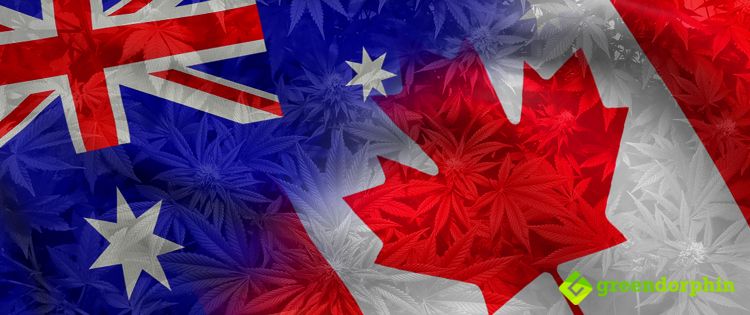
It’s not a competition, but what should be the case is that we should be able to make these decisions in a way which is fast, which is reasonable, which is sensible, which keeps the quality of the product up, the price down, which provides a wide range of options.
Our bureaucracies are happy to provide pharmaceutical varieties of cannabis, they most unhappy to allow the plant-based products.”
I think we can look forward to Australia starting to have a debate about regulating recreational cannabis and this was made more likely by the news last week that New Zealand will have a referendum on regulating recreational cannabis.
In relation to the roadside drug testing, similarly to Lanai, Dr Wodak referred to it as “This is a real travesty, this is shocking.”
“Victoria (Australia) become the first jurisdiction in the world to introduce roadside drug testing in 2004, where they test drivers for cannabis, methamphetamine, and for ecstasy. There is a debate about how seriously to regard those drugs in terms of the increased risk of a road crash, but there are many other drugs we know that are much higher risk of a roadside crash for the driver which aren’t being tested.
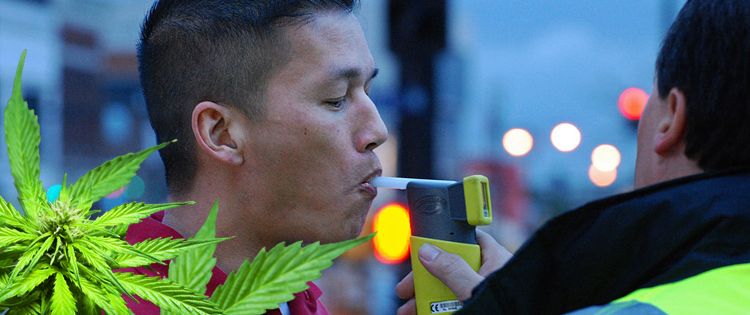
If we are going to have a roadside drug testing, why test for drugs where the risk is much more modest than other drugs where the risk is much higher.
It’s based on science that is flawed and the ethics are flawed… they say it’s about impaired driving, but we’ve got no proof that there is actually any impairment by the driver.
It really is shocking.”
Every state and territory in Australia had started to do roadside drug testing by 2011.
Dr Wodak closed his speech with suggestions on what you can do to end the unjust prohibition and initiate change to drug policy.
Start thinking of drugs primarily as a health and social issue. Think about other drugs just like alcohol and tobacco. Both of those drugs are significantly more dangerous than cannabis, yet we still don’t arrest people for using them.
Your views matter. Share it with our community in the comments below.
- Nimbin Medican – Educating Australians About Medical Cannabis - January 28, 2020
- Pill Testing and Roadside Drug Testing – When is it Appropriate to Test for Drugs? - August 2, 2019
- The Australian Cannabis Summit in Review - July 16, 2019

